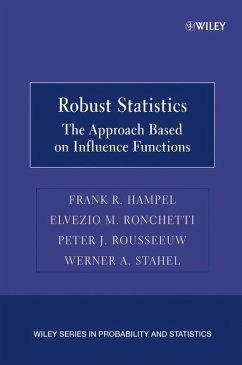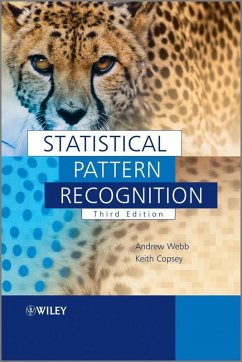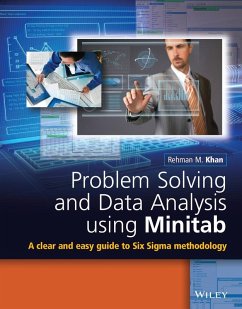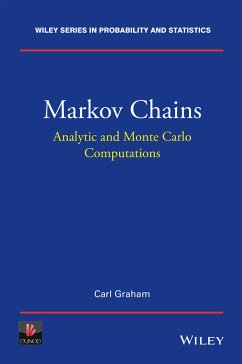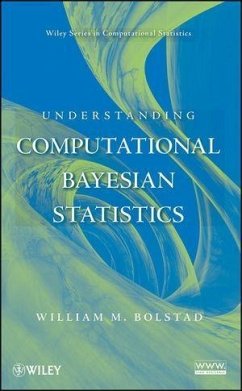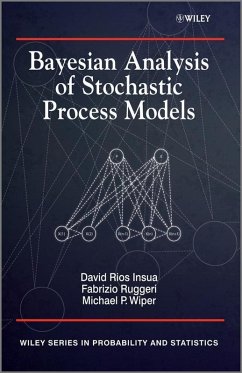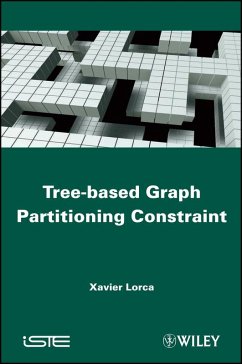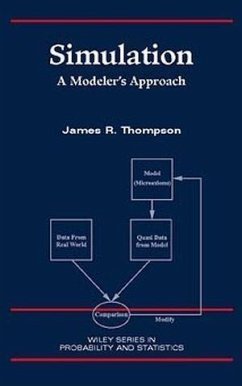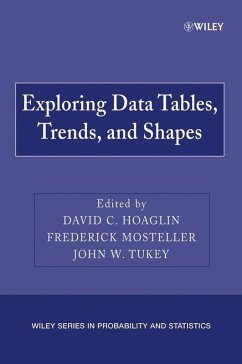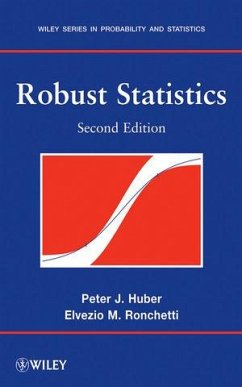
Fractal-Based Point Processes (eBook, PDF)
Versandkostenfrei!
Sofort per Download lieferbar
152,99 €
inkl. MwSt.
Weitere Ausgaben:

PAYBACK Punkte
0 °P sammeln!
An integrated approach to fractals and point processes This publication provides a complete and integrated presentation of the fields of fractals and point processes, from definitions and measures to analysis and estimation. The authors skillfully demonstrate how fractal-based point processes, established as the intersection of these two fields, are tremendously useful for representing and describing a wide variety of diverse phenomena in the physical and biological sciences. Topics range from information-packet arrivals on a computer network to action-potential occurrences in a neural prepara...
An integrated approach to fractals and point processes This publication provides a complete and integrated presentation of the fields of fractals and point processes, from definitions and measures to analysis and estimation. The authors skillfully demonstrate how fractal-based point processes, established as the intersection of these two fields, are tremendously useful for representing and describing a wide variety of diverse phenomena in the physical and biological sciences. Topics range from information-packet arrivals on a computer network to action-potential occurrences in a neural preparation. The authors begin with concrete and key examples of fractals and point processes, followed by an introduction to fractals and chaos. Point processes are defined, and a collection of characterizing measures are presented. With the concepts of fractals and point processes thoroughly explored, the authors move on to integrate the two fields of study. Mathematical formulations for several important fractal-based point-process families are provided, as well as an explanation of how various operations modify such processes. The authors also examine analysis and estimation techniques suitable for these processes. Finally, computer network traffic, an important application used to illustrate the various approaches and models set forth in earlier chapters, is discussed. Throughout the presentation, readers are exposed to a number of important applications that are examined with the aid of a set of point processes drawn from biological signals and computer network traffic. Problems are provided at the end of each chapter allowing readers to put their newfound knowledge into practice, and all solutions are provided in an appendix. An accompanying Web site features links to supplementary materials and tools to assist with data analysis and simulation. With its focus on applications and numerous solved problem sets, this is an excellent graduate-level text for courses in such diverse fields as statistics, physics, engineering, computer science, psychology, and neuroscience.
Dieser Download kann aus rechtlichen Gründen nur mit Rechnungsadresse in D ausgeliefert werden.



